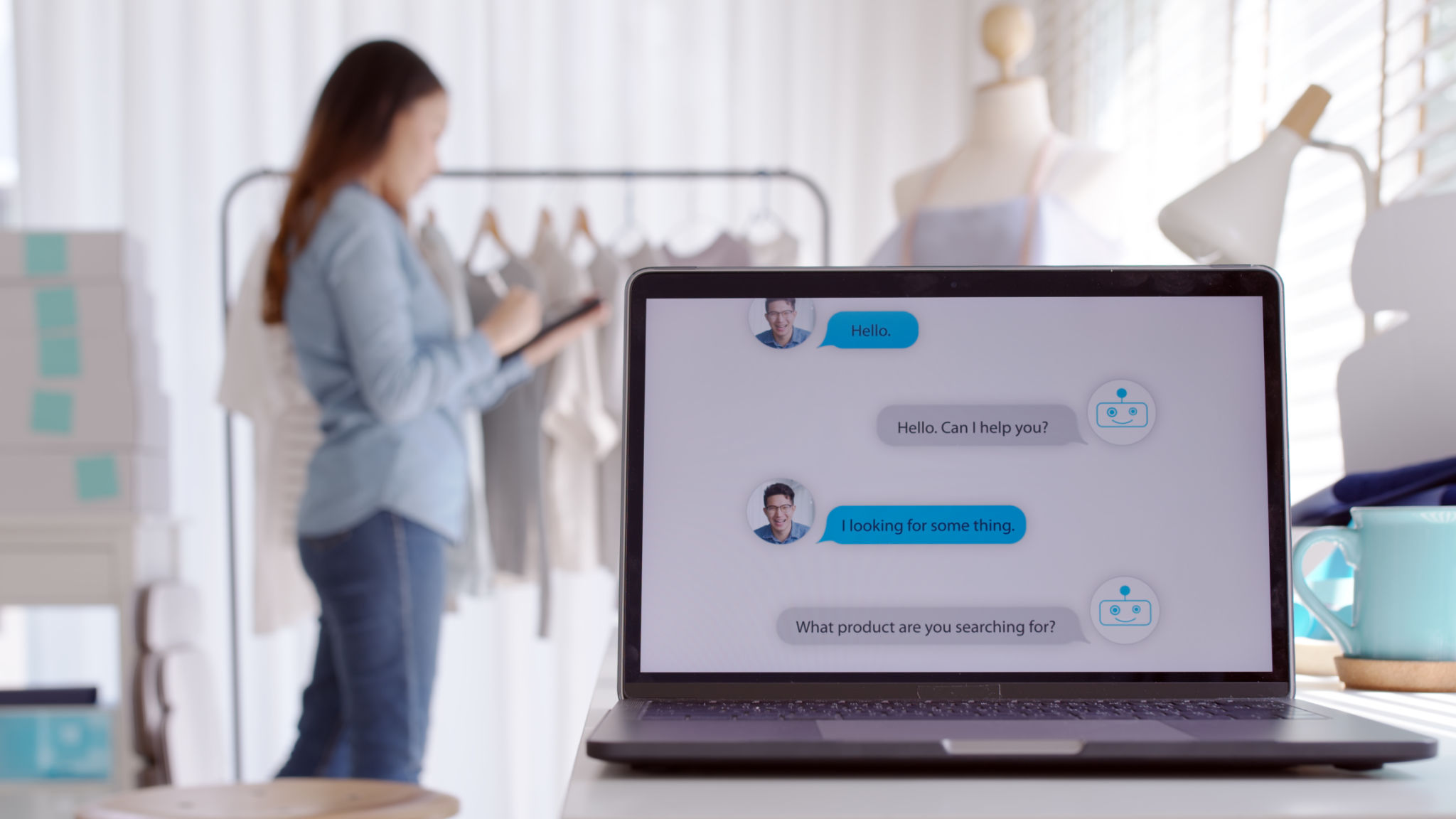Debunking Common Myths About Chatbots in Digital Marketing
The Rise of Chatbots in Digital Marketing
As digital marketing evolves, chatbots have emerged as a powerful tool for businesses to engage with customers. However, despite their growing popularity, several myths surround their use, often leading to misconceptions about their effectiveness. In this blog post, we'll debunk some of the most common myths about chatbots in digital marketing and provide insights into how they can truly benefit your business.

Myth 1: Chatbots Are Impersonal
A prevalent myth about chatbots is that they are too impersonal for effective customer interaction. The reality is that modern chatbots are designed with advanced algorithms and natural language processing capabilities, allowing them to simulate real conversations. They can be programmed to reflect your brand's tone and personality, ensuring that interactions feel personalized and genuine.
In fact, chatbots can provide a level of personalization that human agents may struggle to deliver consistently. By analyzing user data, chatbots can tailor responses based on individual preferences and past interactions, enhancing the overall customer experience.
Myth 2: Chatbots Are Only Suitable for Big Businesses
Another common misconception is that chatbots are only viable for large corporations with extensive resources. This couldn't be further from the truth. Chatbots are scalable solutions that can be tailored to fit the needs of businesses of all sizes. Whether you're a small startup or a well-established enterprise, chatbots can help streamline customer service processes and improve efficiency.

For smaller businesses, chatbots can handle routine inquiries, freeing up valuable time for human staff to focus on more complex tasks. This can lead to significant cost savings and improved customer satisfaction.
Myth 3: Chatbots Lack Human Touch
It's often believed that chatbots lack the empathy and understanding that human agents provide. While it's true that chatbots are not humans, they are equipped with sentiment analysis capabilities that allow them to gauge customer emotions and respond accordingly. This technology enables chatbots to offer empathetic responses when necessary, enhancing customer interaction.
- Sentiment analysis helps in identifying the mood of the customer.
- Chatbots can escalate issues to human agents when needed for a more personal touch.

Myth 4: Chatbots Are Limited to Customer Service
While chatbots are widely used in customer service, their applications extend far beyond this realm. They can be integrated into various marketing strategies, such as lead generation, product recommendations, and customer feedback collection. Chatbots can engage users by providing personalized recommendations based on browsing history or past purchases, thereby enhancing the shopping experience.
Moreover, chatbots can assist in gathering valuable data and insights on consumer behavior, which can inform future marketing efforts and business strategies.
Conclusion: Embracing the Future of Customer Interaction
The misconceptions surrounding chatbots often prevent businesses from leveraging their full potential. By understanding the capabilities and benefits of modern chatbot technology, companies can make informed decisions about integrating these tools into their digital marketing strategies. As chatbots continue to evolve, they will undoubtedly play an increasingly vital role in shaping the future of customer interaction and engagement.
